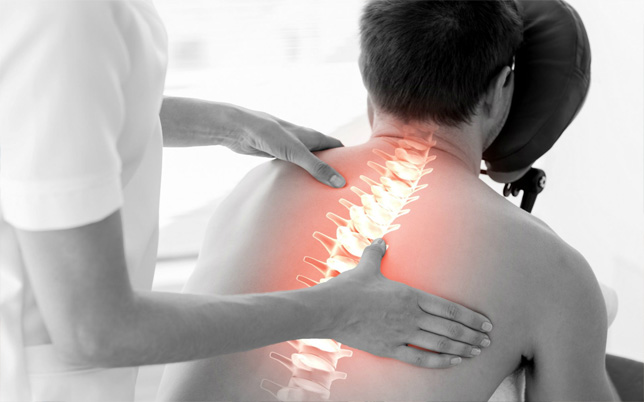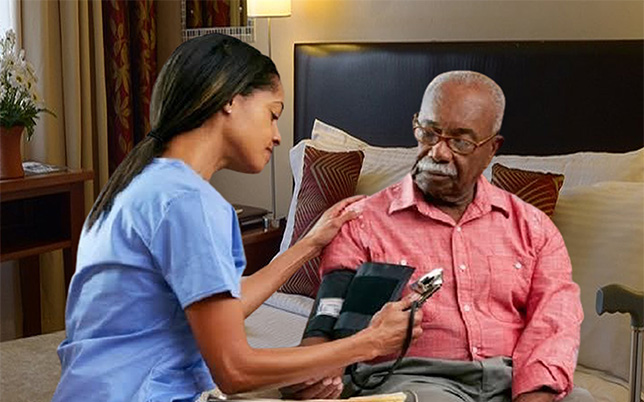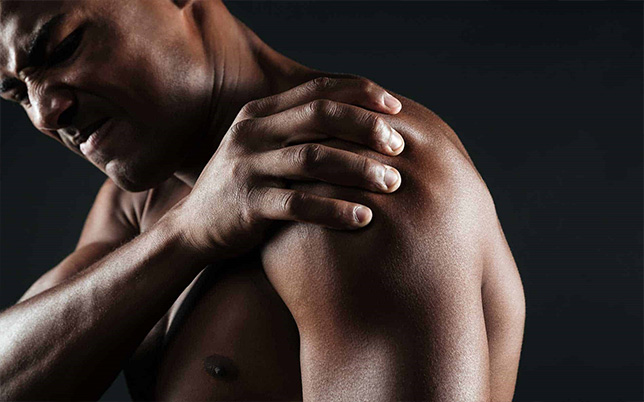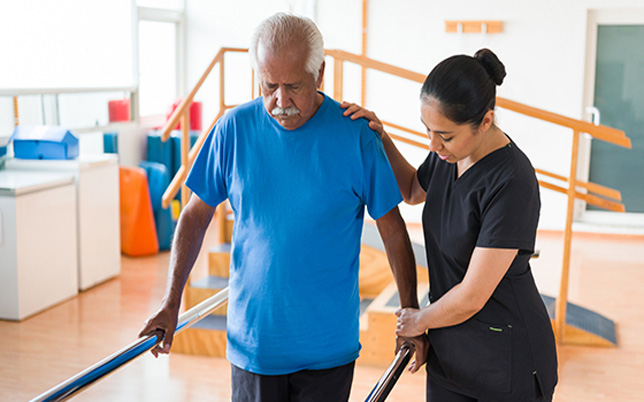Sport Rehabilitation Physiotherapy:
Sport rehabilitation physiotherapy is a specialized branch that focuses on the prevention, treatment, and rehabilitation of injuries related to sports and physical activities. It aims to facilitate the recovery of athletes, enhance performance, and prevent the recurrence of injuries.

Smile Again Physiotherapy Clinic’s Approach:
1. Specialized Assessment:
- In-Depth Evaluation: Conducting a thorough assessment of the athlete’s injury, movement patterns, and biomechanics to identify the root cause.
- Sports-Specific Assessment: Considering the demands of the specific sport to tailor the rehabilitation plan accordingly.
2. Immediate Care and Pain Management:
- Emergency Care: Providing immediate care for acute injuries, including first aid and initial pain management.
- Modalities: Utilizing modalities such as ice, heat, and electrical stimulation for pain relief.
3. Individualized Treatment Plans:
- Customized Protocols: Designing individualized treatment plans that address the athlete’s unique needs, goals, and the demands of their sport.
- Multidisciplinary Collaboration: Collaborating with coaches, sports physicians, and other professionals to ensure a comprehensive approach.
4. Early Mobilization and Rehabilitation:
- Early Intervention: Implementing early mobilization strategies to prevent complications and promote faster recovery.
- Progressive Rehabilitation: Gradually introducing sport-specific exercises and activities as the athlete progresses.
5. Manual Therapy and Techniques:
- Hands-On Approach: Utilizing manual therapy techniques such as joint mobilization and soft tissue manipulation.
- Instrument-Assisted Techniques: Using tools like foam rollers, massage sticks, or instruments for targeted soft tissue work.
6. Strength and Conditioning Programs:
- Tailored Exercise Regimens: Developing strength and conditioning programs specific to the athlete’s sport and position.
- Functional Training: Emphasizing functional movements that mimic the demands of the sport.
7. Biomechanical Analysis:
- Movement Assessment: Conducting a biomechanical analysis to identify faulty movement patterns contributing to injuries.
- Gait Analysis: Assessing running or walking biomechanics for runners and athletes with lower limb injuries.
8. Sport-Specific Rehabilitation:
- Sports-Specific Drills: Incorporating drills and exercises that replicate the movements and demands of the athlete’s particular sport.
- Agility and Coordination Training: Enhancing agility, balance, and coordination crucial for sports performance.
9. Psychological Support:
- Mental Health Integration: Acknowledging the psychological aspects of recovery and performance.
- Communication: Open dialogue to address any fears, anxieties, or mental blocks hindering the rehabilitation process.
10. Injury Prevention Education:
- Educational Workshops: Offering workshops and sessions to educate athletes on injury prevention strategies.
- Biomechanical Correction: Providing guidance on correcting biomechanical issues that could contribute to recurrent injuries.
11. Continuous Monitoring and Performance Enhancement:
- Regular Follow-Ups: Regularly monitoring the athlete’s progress and adjusting the treatment plan accordingly.
- Performance Enhancement Programs: Offering ongoing programs to enhance athletic performance and reduce the risk of future injuries.
Conclusion:
At Smile Again Physiotherapy Clinic, our approach to sport rehabilitation physiotherapy is characterized by a commitment to providing comprehensive and personalized care. We strive to not only rehabilitate injuries but also enhance athletic performance and prevent future issues. By integrating a multidisciplinary team, advanced techniques, and a sports-specific focus, we aim to be a partner in the athlete’s journey, helping them smile again on and off the field




